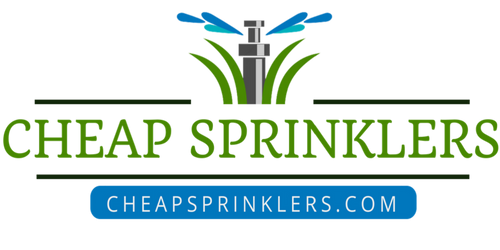In today's world of environmental consciousness, finding sustainable solutions for everyday tasks like watering our gardens is more important than ever. One solution gaining popularity is harvesting rainwater. Not only is it an eco-friendly practice, but it also offers a multitude of benefits for both your garden and the environment.
Rainwater is nature's own distilled water, free from the chemicals often found in tap water. It contains essential nutrients like nitrogen, which is vital for plant growth and development. By collecting rainwater, you're providing your garden with a nutrient-rich source of hydration that promotes healthier, more vibrant plants.
One of the most significant benefits of harvesting rainwater is its environmental impact. By capturing rainwater, you're reducing the strain on local water supplies and minimizing runoff, which can carry pollutants into rivers and streams. Additionally, using rainwater for irrigation helps conserve energy by reducing the need for pumping and treating water from traditional sources.
To harvest rainwater for your garden, you'll need a few essential materials. Start with a collection system, such as a rain barrel or cistern, positioned beneath a downspout to capture runoff from your roof. Ensure the container has a secure lid to prevent debris and mosquitoes from entering. You'll also need a filter to remove any contaminants and a pump or gravity-fed system to distribute the water to your garden beds.
Rainwater is relatively pure compared to other water sources but can pick up contaminants as it falls through the atmosphere and interacts with various surfaces. While it typically lacks the chemicals found in treated water supplies, pollutants from air pollution or industrial activities, as well as residues from roofing materials, can contaminate collected rainwater, particularly in urban areas. To ensure its quality for garden use, precautions such as using a first flush diverter, installing a filter, and regular maintenance are essential, though overall, rainwater is generally safe for irrigation and non-potable uses.
In conclusion, harvesting rainwater is a simple yet effective way to provide your garden with a sustainable source of hydration while reducing your environmental footprint. With its nutrient-rich composition and numerous benefits for both plants and the planet, rainwater is a valuable resource that every gardener should consider incorporating into their watering routine. So, why not start collecting rainwater today and watch your garden thrive while you help conserve water and protect the environment?
Cheap Sprinklers provides a diverse range of irrigation solutions to help you achieve your water conservation goals! Once you've harvested and stored your rainwater, our selection of irrigation options offers the perfect complement for the ultimate water-conscious setup.



